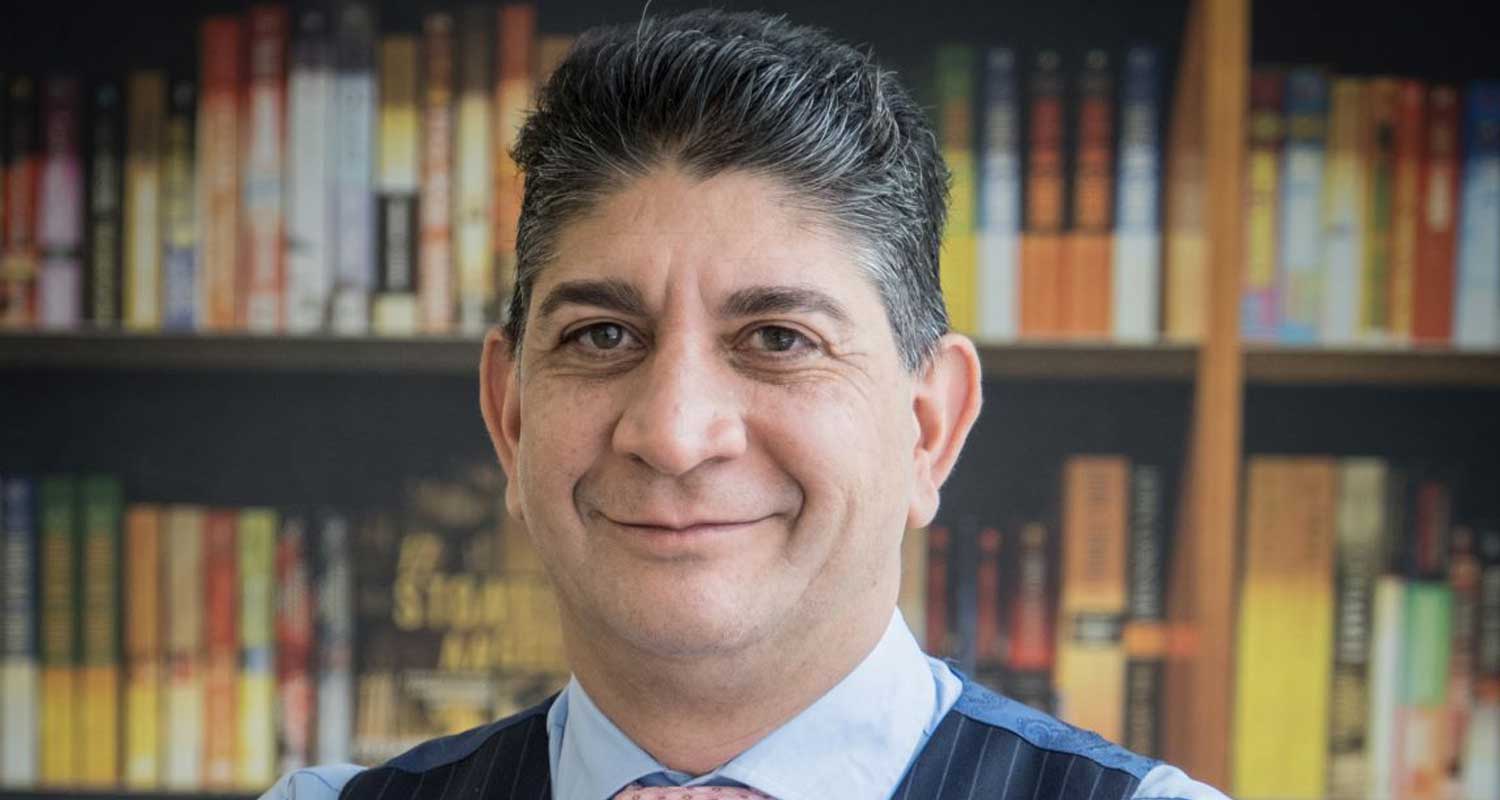Try our mobile app

Vodacom Group CEO Shameel Joosub Vodacom South Africa has approached the constitutional court, seeking to overturn a supreme court of appeal judgment in the “please call me matter”, calling it “fundamentally flawed”. The decision to approach South Africa’s apex court comes after the supreme court dismissed an application for leave to appeal, brought by Vodacom against an earlier high court judgment, and ordered the telecommunications operator’s CEO, Shameel Joosub, to make a new offer to Nkosana Makate based on the assumption that Makate had an 18-year contract with the company. The constitutional court had found in 2016 that Makate was the inventor of the “please call me” service. Although just who invented the “please call me” idea is strongly disputed , the country’s top court had found that Makate had in fact done so as a former employee and was entitled to be paid for his invention. The apex court left it up to Joosub to determine a fair payout amount. The impact of the SCA judgment, should it be upheld, would be vast and wide-ranging In a statement to shareholders on Wednesday, Vodacom said there are “key aspects” the supreme court ruling , which was handed down earlier this month, that “do not accord with the spirit of the law”. “It is apparent from the dissenting judgment of the SCA that the majority judgment overlooked or ignored many of the issues between the parties and their evidence and submissions relating to those issues,” Vodacom said. In its appeal to the constitutional court, Vodacom said: The supreme court’s order impinges on the rule of law in terms of section 1 of the constitution and deprives Vodacom of its right to a fair trial under section 34 of the constitution; The supreme court misdirected itself by considering and deciding on issues that had not been placed before it for adjudication by either Vodacom or Makate; The same court “selectively chose to only have regard to Mr Makate’s evidence, as in the case of models for computing compensation payable to Mr Makate, while ignoring swathes of evidence in this regard presented by Vodacom contesting Mr Makate’s version”; and The orders are unintelligible, incomprehensible and vague, rendering them incapable of implementation and enforcement. “The impact of the SCA judgment, should it be upheld, would be vast and wide-ranging on both Vodacom South Africa and Vodacom Group, as well as the attractiveness of South Africa as an investment destination. It would negatively impact our employees, shareholders and Vodacom’s contribution to public finances. It would also have an impact on our network investment, coverage and social programmes.” In the statement, Vodacom said it had previously negotiated with Makate in an effort to “agree reasonable compensation payable to him”. ‘Failed’ “These efforts, to date, unfortunately have failed. Vodacom remains open to constructive dialogue and good-faith negotiations and, without prejudice to its constitutional court appeal process, to agree a fair and reasonable amount as compensation for Mr Makate’s idea that led to the development of the ‘please call me’ product. It is Vodacom’s desire that the matter be amicably resolved and brought to a timely conclusion.” Following the 2016 constitutional court order, Vodacom CEO Shameel Joosub had determined that a reasonable compensation amount for Makate to be R47-million, an amount the former Vodacom employee rejected. Makate then approached the high court to have the CEO’s decision reviewed and set aside. The court agreed, and ordered Joosub to reconsider the settlement offer. Vodacom appealed the matter all the way to the supreme court of appeal. Vodacom Group’s head office in Midrand, Johannesburg However, a majority judgment by the supreme court went against Vodacom, with the court ordering that: The decision of Vodacom on 9 January 2019, determining the compensation to be paid to Makate, was to be set aside; and Makate was entitled to be paid 5-7.5% of the total revenue of the “please call me” product for an 18-year period from 2001 to 2019, plus interest. – © 2024 NewsCentral Media This is a developing story